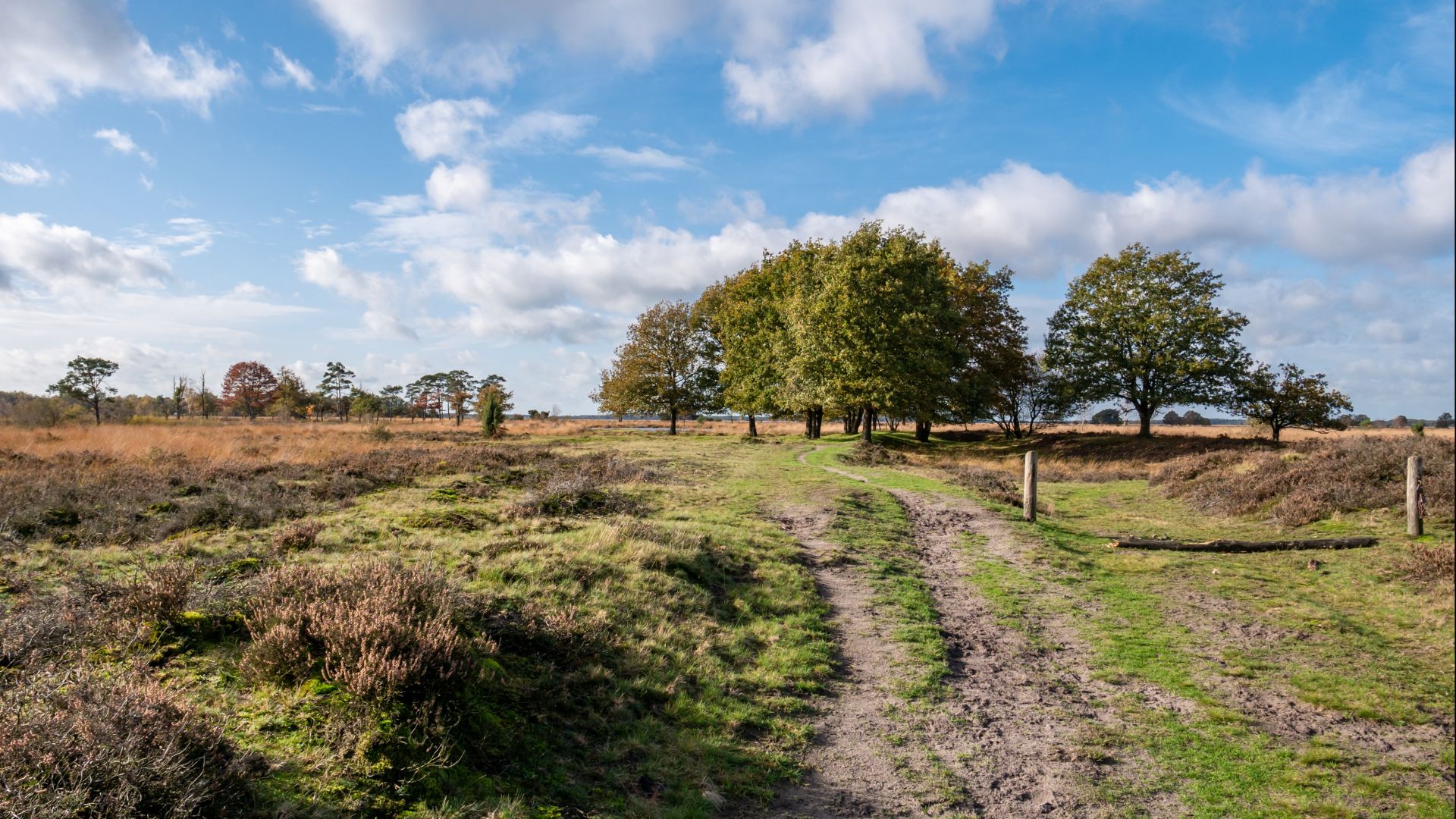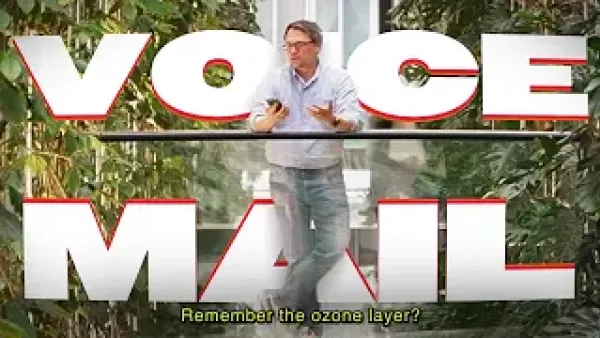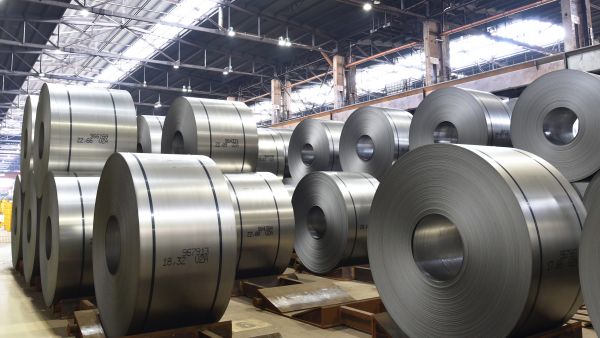Today was a crucial moment for the European Parliament when it comes to the real ambitions of the EU on tackling the climate crisis and complying with the European Climate Law’s aim of making Europe the first carbon-neutral continent by 2050.
Thanks to the S&D Group’s relentless efforts, the European Parliament has adopted some concrete measures to try to reduce greenhouse-gas emissions by at least 55% by 2030 – compared to 1990 levels – as set out in the Fit for 55 package.
The S&Ds have been fighting for a green transition, but with a red heart.
Regrettably some crucial files, such as the Emissions Trading System revision (ETS), have been watered down by the right wing forces jeopardizing the EU’s climate ambitions.
As progressives, however, we made sure that all the measures of the Fit for 55 package approved are accompanied by solid social justice and solidarity mechanisms that offset the costs, to ensure that this transition not only takes place, but is also socially fair.
S&D MEP and rapporteur, Delara Burkhardt MEP, said:
“Forests, meadows and moors have so far been the underdog of European climate policy. However, we know that healthy ecosystems can remove greenhouse gases from the atmosphere and store them. This is why the reform of the Land Use, Land-Use Change and Forestry Regulation (LULUCF) aims to transform nature from the underdog to the centrepiece of EU climate policy.
“The initial regulation proposal by the European Commission set a target of 310 million tonnes (Mt) as the volume of greenhouse gases to be stored in the future by so-called ‘natural sinks’ such as forests, meadows and moors by 2030.
“The agriculture and forestry lobby in partnership with the conservatives and the far-right avoided an increase of the target of CO2 removals by natural sinks, which we, the Socialists and Democrats, have been pushing for. At least we managed to defend the level of ambition as proposed by the European Commission.
We succeeded in including new biodiversity criteria in the LULUCF regulation, providing incentives for Member States to make their forest management more sustainable and restore ecosystems. This is how we can address the twin crises of climate change and biodiversity loss together.
“We managed to introduce in this regulation obligations for Member States to assess and take into account the labour developments in this economic sector. Land-use and forestry is a sector with quite often poor working conditions. At the same time, the sector will go through some significant changes over the coming years in order to contribute better to the EU’s climate objectives. A just transition is also needed for workers in agriculture and forestry.”









